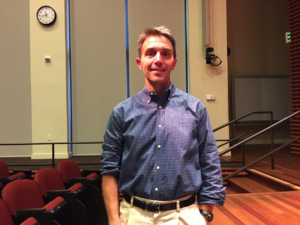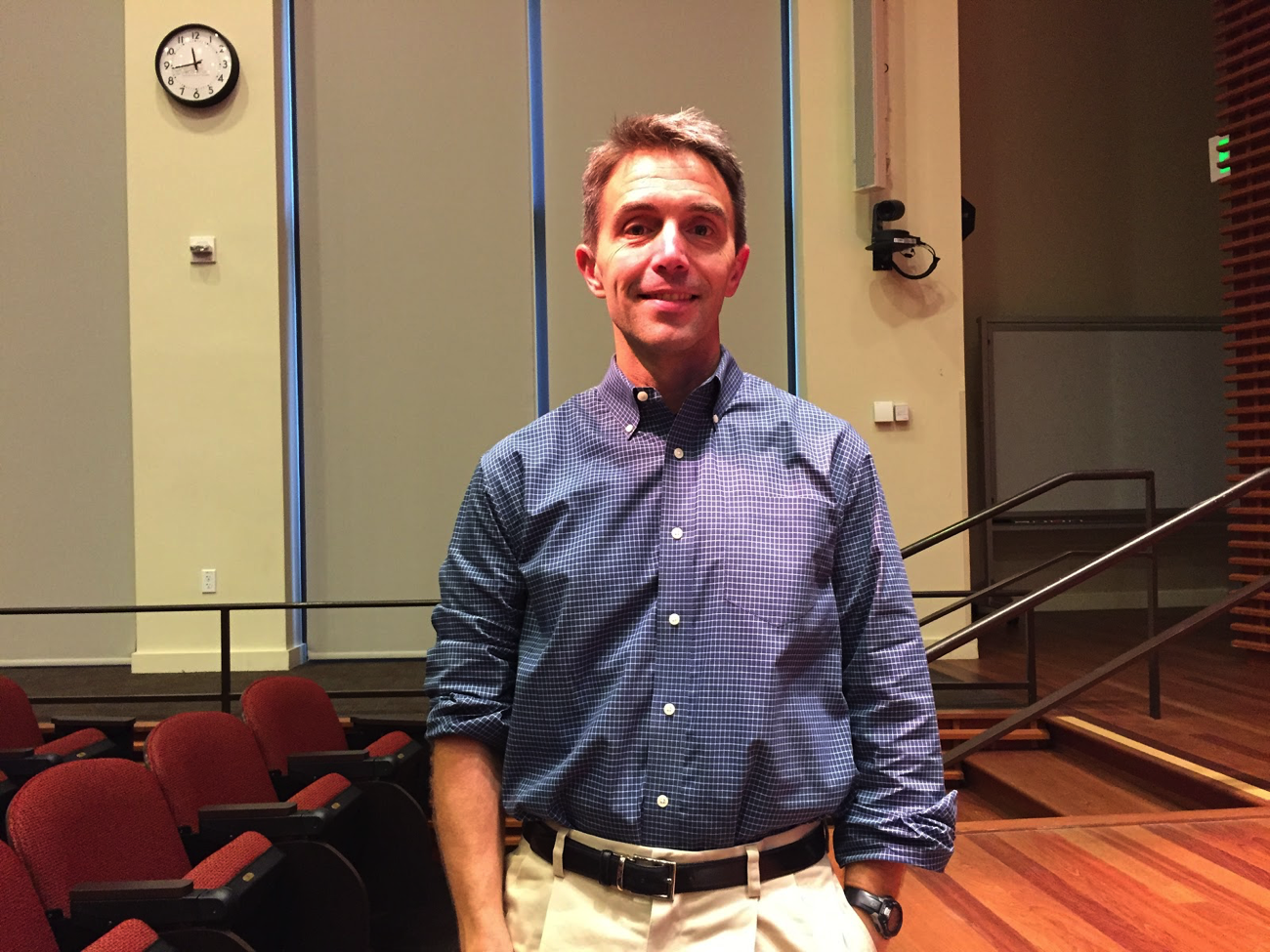
The Stanford Institute for Economic Policy Research (SIEPR) was created in 1982 with the goal of using economic analysis to confront real-world challenges. Since Mark Duggan took leadership as the Trione Director in 2015, the institute has focused on creating a bridge between academia and economic policy.
Duggan assumed leadership in September 2015 and has been working to make SIEPR more accessible to undergraduates.
“We want to educate undergraduates and get them excited about economics,” Duggan said.
According to Duggan, SIEPR should be a window into the front-line knowledge that Stanford is producing, helping students learn about highly specific subject areas deeply and analyze data.
SIEPR has recently gained access to big data, allowing tangible analysis of economic patterns and behaviors of individuals over long time periods. To track inequality over time, Senior Fellow Raj Chetty used a dataset of over 8 million tax returns between 1980 and 2014. Having massive amounts of information gave Chetty the opportunity to explore the relationship between economic well-being of parents and children and reasons why mobility is more likely in certain areas.
“Big data opens up the possibility of providing better evidence for policymakers and allows for better decision-making,” Duggan said.
SIEPR bridges people from different worlds – business, policy and academics – to address the complex effects of policy decisions on various groups. Researchers at SIEPR rely on people in the front lines of business and government to determine what areas to focus on and what to look for in their big data. As a third of the U.S. economy, the government has great influence on the economy’s well-being.
Duggan discussed the difficulty of designing policies that will satisfy the diverse interests of various stakeholders.
“Everything’s connected,” Duggan said. “If we find a way to cut healthcare costs, that can have positive ripple effects elsewhere by freeing up resources for areas such as education and defense. The new administration will work on changing the tax code; how to best do that to boost the economy but not cause problems for the deficit is an art form.”
According to Duggan, the Institute has an important role in analyzing problems with current policies.
“So much of what we study will be central to how our country’s economy is doing in the future,” he said. “A policy that may sound good can have unintended consequences – research is a great way to learn over time and make policy better.”
Contact Mini Ruda at mruda ‘at’ stanford.edu.
